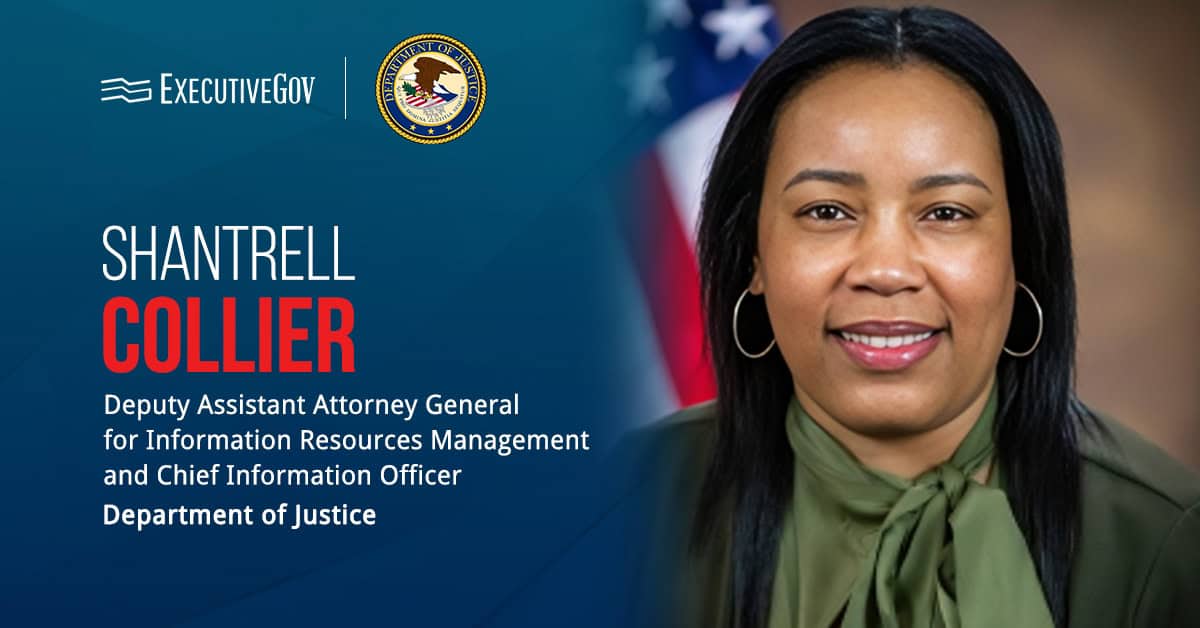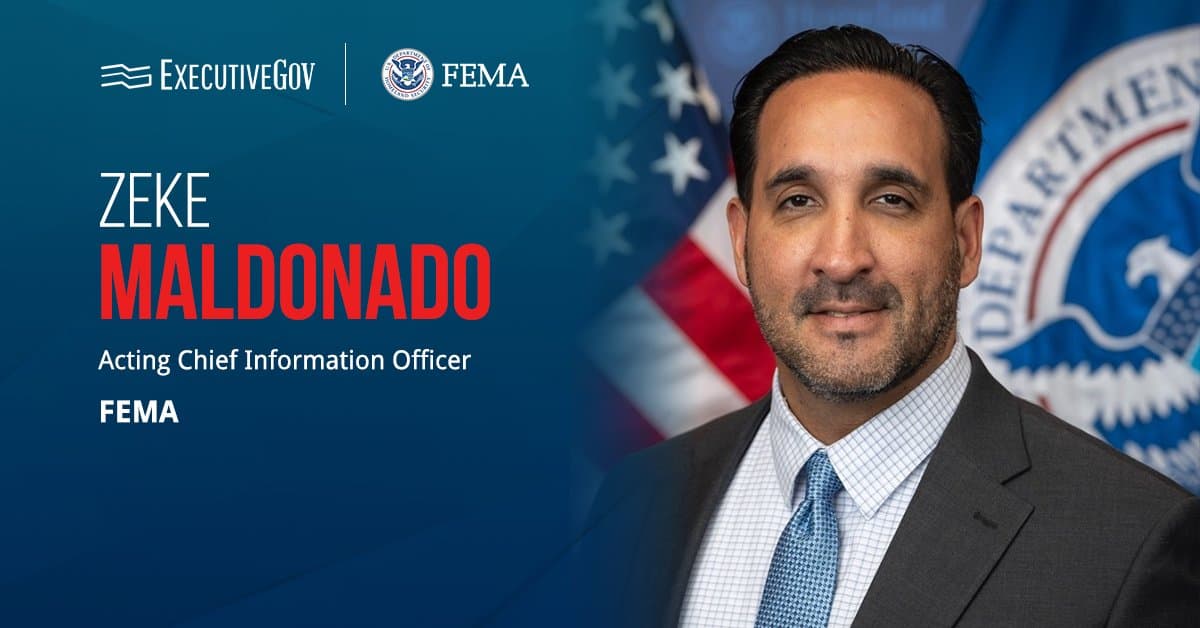
Jim Bridenstine, NASA administrator, has announced the completion of the core stage that would support the first Artemis mission’s launch, Space News reported Tuesday.
The space agency’s Michoud Assembly Facility is ready to send out the Space Launch System rocket’s core stage by this year’s end, ahead of the launch scheduled for 2021.
Stennis Space Center will receive the core stage for months of testing including a conclusive static-fire trial with two pairs of RS-25 engines.
Doug Loverro, NASA’s associate administrator for human exploration and operations, will work to determine a new launch date for the first Artemis mission that was originally set for 2020. The core stage has undergone delays and requires NASA to launch Artemis 1 on a later date.
NASA is pursuing the Artemis program in a move to revive manned space exploration.





